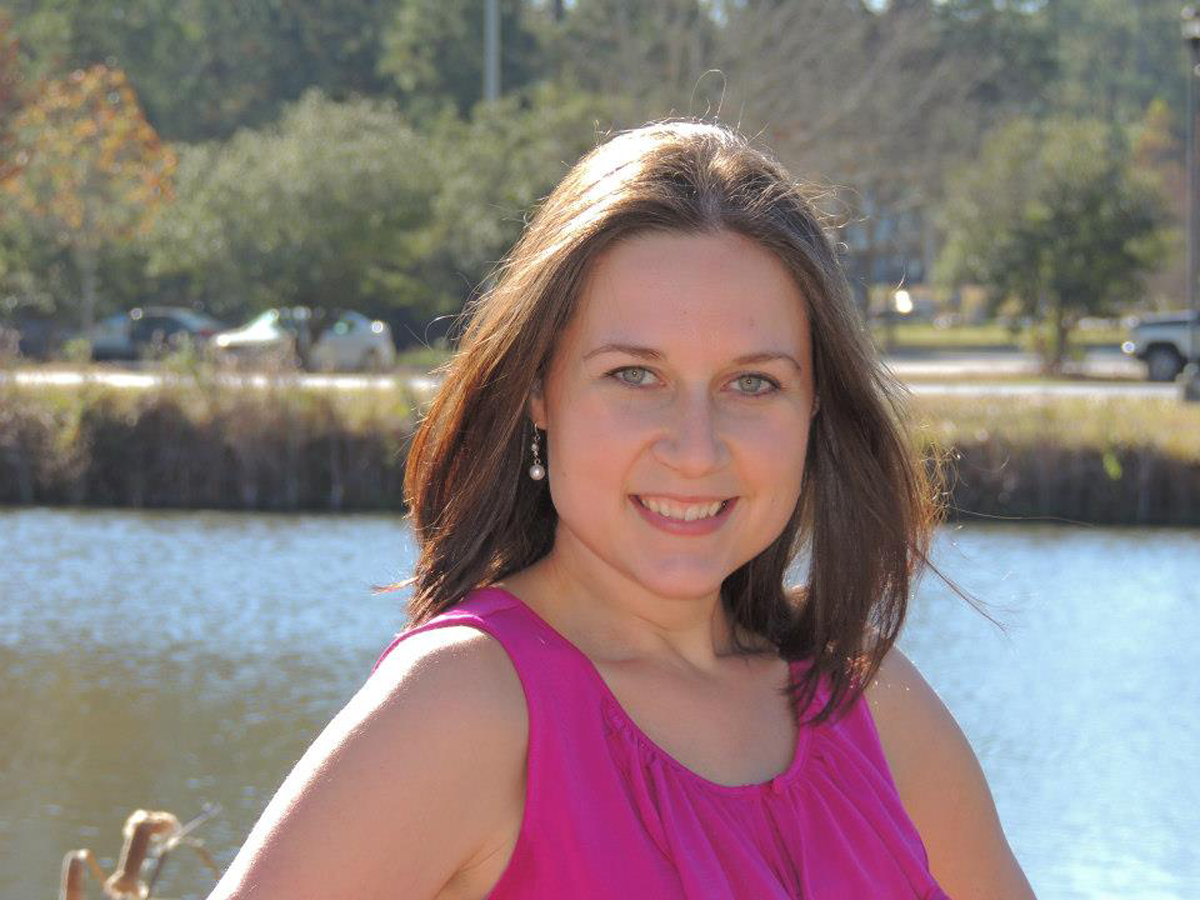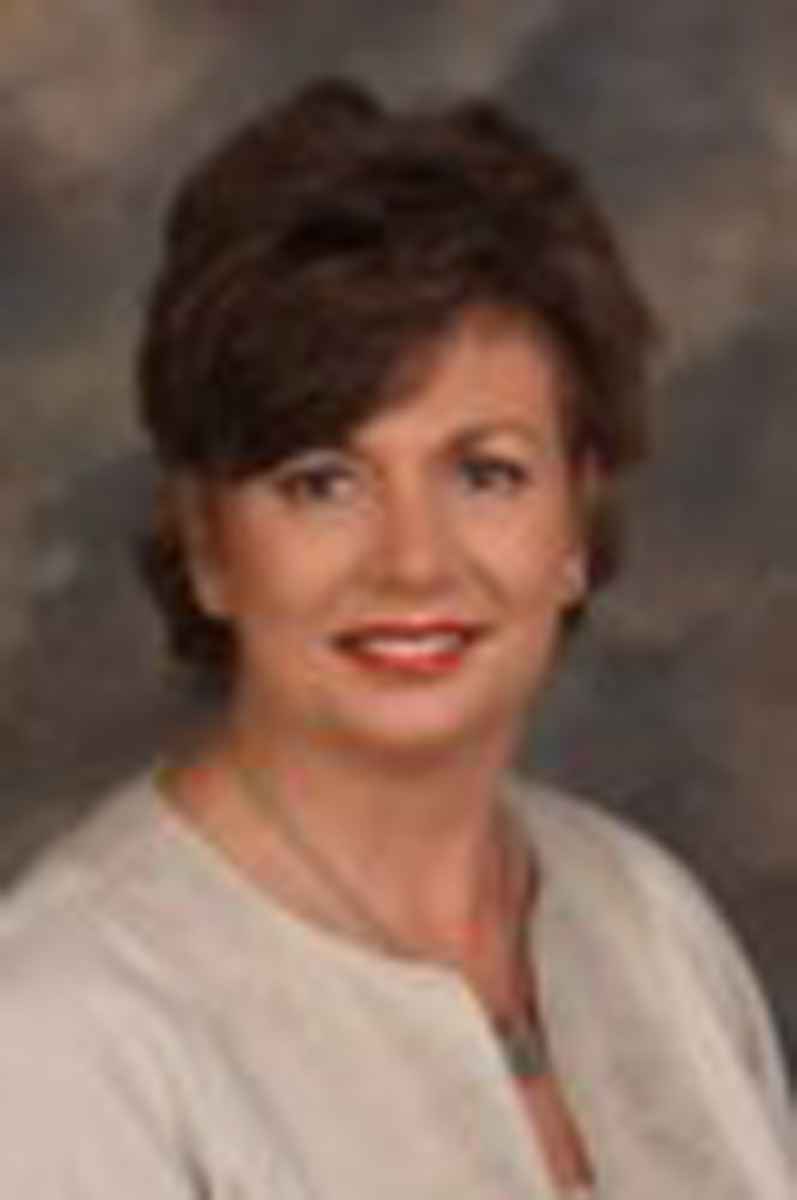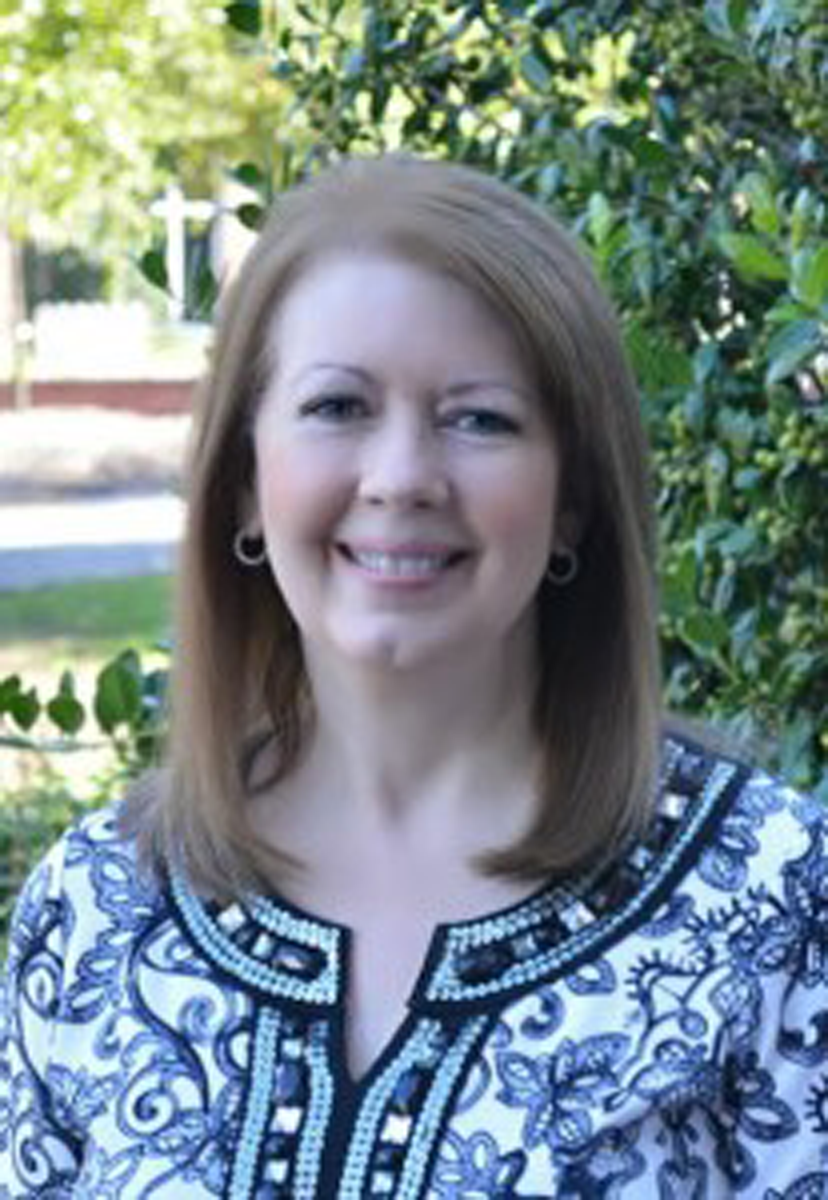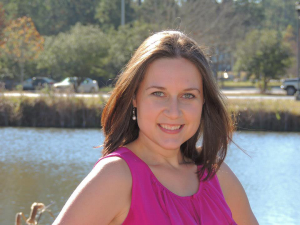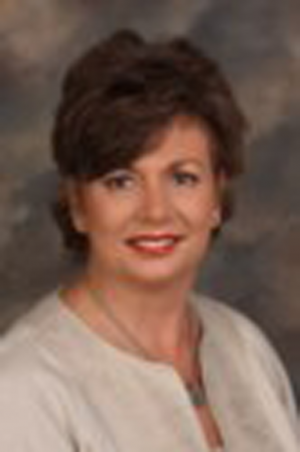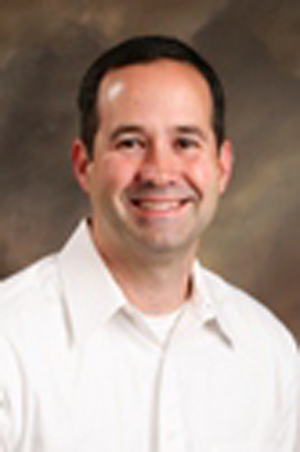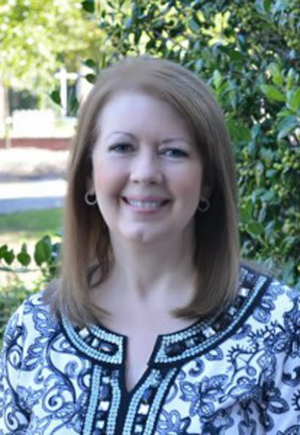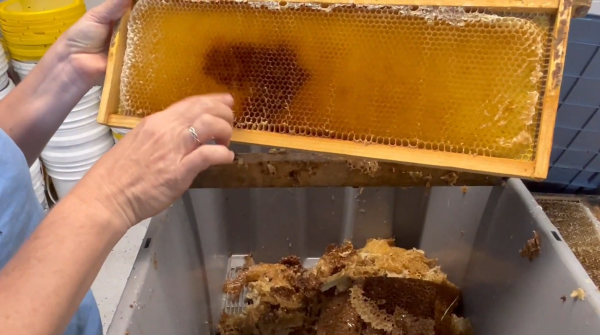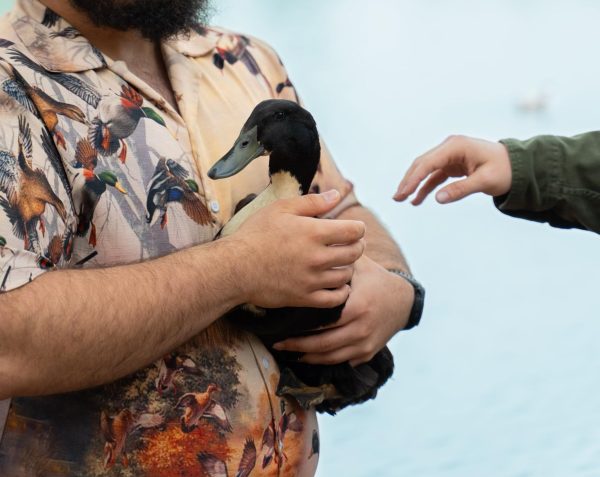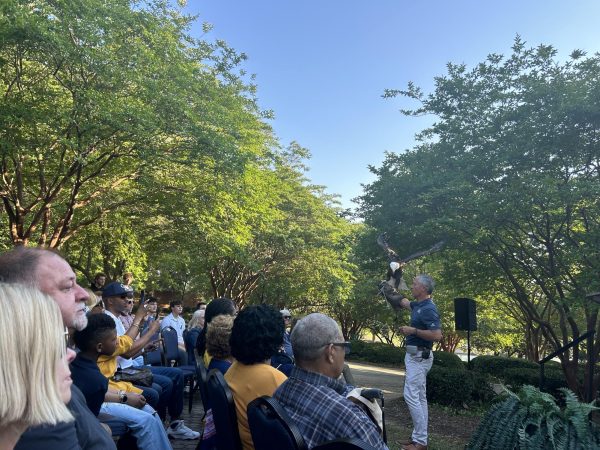Getting Ready for Registration: The good and bad of advisement
March 5, 2015
To some students, meeting with their advisors to set up the path leading to the rest of their college and life career may seem exciting, to others it is the most stressful part of the semester. As advisors are expected to be the most knowledgable when it comes down to a student’s academic standing, students often get stressed out when they feel their advisor doesn’t know as much as they need to.
Why do you feel students may not enjoy the advising process?
“I think for most students it takes a little while to get comfortable with their advisors, however some jump right in,” Christy Curley, academic advisor in the College of Liberal Arts and Social Sciences for literature, philosophy and writing and linguistics majors, said.
Curley graduated with a bachelor’s in english writing, philosophy and linguistics, with a master’s degree in counseling education with an emphasis in higher education.
Pam Smith, an advisor in the College of Health and Human Sciences, feels the reason some students have bad experiences with their advisors is due to a lack of information. “They don’t know what to expect and that’s a problem we should look at it in a collaborative effort during advisement,” Smith said.
Smith earned her bachelor’s in nursing and she has a master’s in higher education student services.
“Somebody may just not like it overall, when you’re advising so many people they may just have a bad exercise because hard conversations have to be had and could be difficult,” Bryan Bulmer, who is also an advisor in the CHHS, said.
Bullmer earned his bachelor’s degree in religious education with a minor in counseling and a master’s of religious education.
How do you feel about students seeking their professors for academic advising?
“Faculty play a very important role, I view them as mentors and students should develop a relationship with them,” Lisa Sapp, an advisor in the College of Business Administration, said.
Sapp has an undergraduate degree in fashion merchandising with a minor in marketing, and a master’s in counselor education.
“I see my professors more than my advisors, so they know me better and it’s a more personal relationship, I feel they’re more available than my advisor is,” Charlotte McDonald, sophomore international studies major, said.
Smith, CHHS advisor, stated that most advisors feel students should definitely have a strong relationship with their professors since they are the ones actually in the specific field each day.
The attitudes toward advisement come from many different perspectives and experiences, some great and not so great. However, among those who feel as if their advisor isn’t the best for them, connections among professors are made and which sometimes are even better because of the hands on knowledge that they provide.


